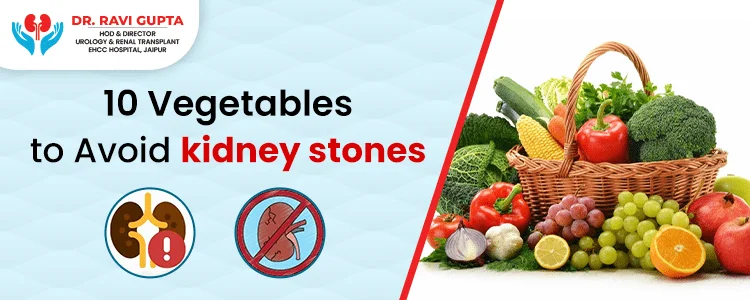
Top 10 Vegetables to Avoid Kidney Stones
Kidney stone is a crucial, painful, and discomforting health condition, that is caused by the crystallization of minerals and salts in the kidneys. It can depend upon your diet and the types of vegetables you consume regularly, top 10 vegetables to avoid kidney stones not are created equal in this regard.
It is important to consume potassium-rich vegetables that don’t contain oxalates, such as broccoli, cauliflower, carrots, cabbage, lettuce, Brussels sprouts, etc. It can help prevent kidney stones by decreasing calcium loss.
In this article, we will explore the top 10 vegetables to Avoid Kidney Stones effectively. These vegetables are not only delicious but also packed with nutrients that can support your kidney health and reduce the risk of stone formation. All the information is curated by the top kidney transplant surgeon.
What is a Kidney Stone?
A kidney stone is a solid mineral deposit that forms in the kidneys due to imbalances in urine composition. It can cause severe pain and may require medical treatment.
Top 10 Vegetables to avoid kidney stones Problem
These vegetables to avoid kidney stones contain low-oxalate because it decreases calcium oxalate crystal formation in the kidneys and lowers the risk of kidney stone development.
- Broccoli
As Broccoli is a low-oxalate vegetable, it reduces the risk of calcium oxalate kidney stone formation. It’s rich in calcium and magnesium, which can bind to oxalate in the digestive tract and reduce oxalate absorption. Additionally, its high water content promotes urine dilution, minimizing the concentration of stone-forming substances.
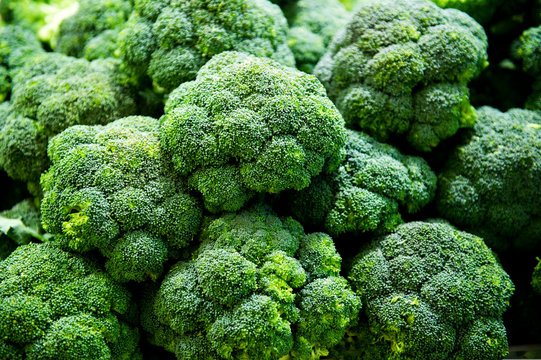
- Cauliflower
Cauliflower is rich in water and fiber, promoting hydration and maintaining optimal urinary function, which can prevent stone formation. Including cauliflower in your balanced diet with plenty of fluids will contribute to kidney stone prevention by minimizing the risk factors associated with their formation.
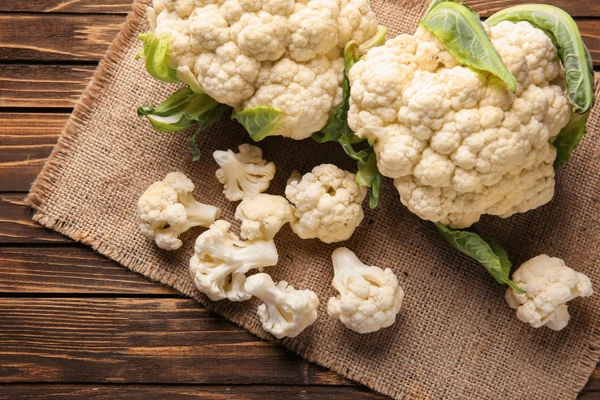
- Carrots
Carrots are rich in antioxidants and fiber, and can potentially help reduce the risk of kidney stones. They aid in maintaining proper hydration and a healthy urinary system by increasing urine volume. It dilutes the concentration of minerals, such as calcium and oxalate, which are the reason for stone formation. Additionally, carrots contain vitamin A, which may promote kidney health.
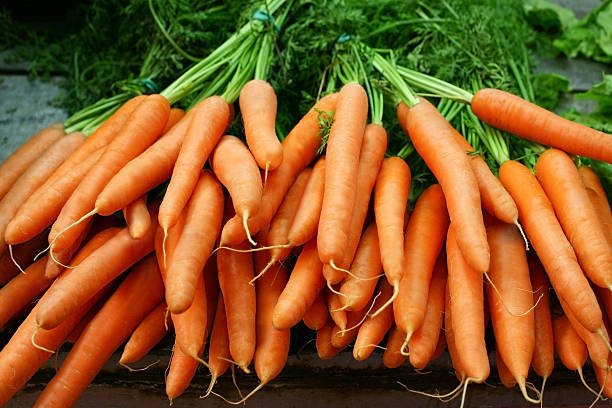
- Cabbage
Cabbage vegetables help reduce the risk of kidney stones due to their high water content and rich potassium levels. Additionally, potassium can counterbalance the effects of sodium, reducing calcium excretion in the urine, which is a common factor in kidney stone development. Including cabbage in your diet can contribute to overall kidney stone prevention through improved hydration and electrolyte balance.
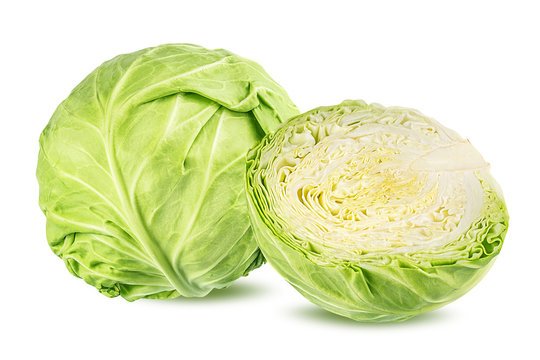
- Lettuce
Lettuce vegetables, like romaine or iceberg lettuce, can help reduce the risk of kidney stones due to their high water content and low oxalate levels that prevent minerals from crystallizing and forming stones. Eating lettuce in your diet can vary depending on your personal preferences and dietary needs. Generally, including lettuce in your meals, a few times a week can be a healthy choice. It’s a low-calorie, nutrient-rich option that can add crunch and freshness to salads, sandwiches, and wraps.
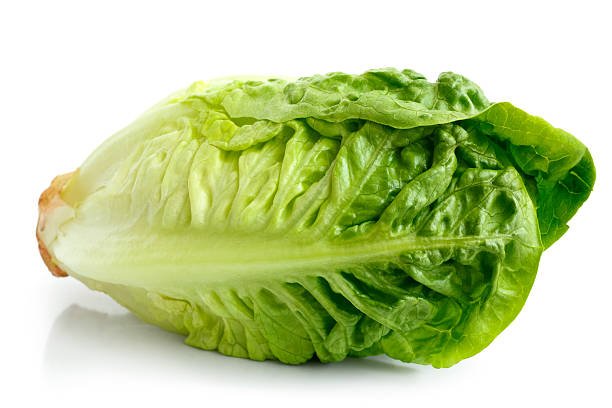
- Celery
Celery contains compounds like potassium and antioxidants that can help reduce the risk of kidney stones. Potassium helps balance the body’s acidity and prevent the formation of certain types of stones, while antioxidants may protect against oxidative stress, a factor in stone formation. However, for overall health and potential kidney stone prevention, consuming celery or other vegetables regularly as part of a balanced diet is advisable. You can include celery in salads, snacks, or as a side dish.
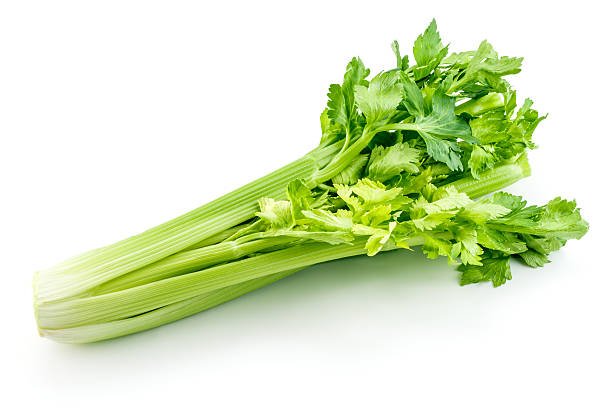
- Green beans
Green beans, rich in fiber, potassium, and antioxidants, can help reduce the risk of kidney stones. their potassium content may counterbalance the effects of high-sodium diets that contribute to kidney stone formation. It’s advisable to consume them in moderation as part of a balanced meal plan. Aim to include green beans and other low-oxalate vegetables a few times a week, rather than making them a daily staple.
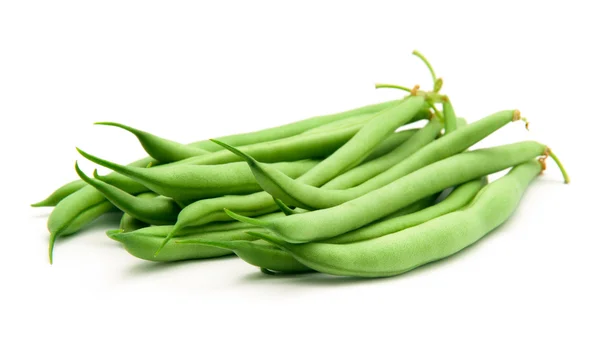
- Asparagus
Asparagus may help reduce the risk of kidney stones due to its high water content and natural diuretic properties. Additionally, asparagus is a good source of potassium, which can counteract the negative effects of high-sodium diets that contribute to stone formation. However, a balanced diet and proper hydration are key to kidney stone prevention, with asparagus being just one component of a healthy approach.

- Mushrooms
Mushrooms, while not a direct remedy for kidney stones, can be part of a kidney stone-friendly diet. By incorporating low-oxalate foods like mushrooms into your diet and maintaining proper hydration, you can potentially reduce your risk of developing kidney stones. However, it’s essential to consult a healthcare professional for a comprehensive approach to kidney stone prevention, which may include dietary adjustments.

- Onions
Onions are believed to help reduce the risk of kidney stones due to their high quercetin content (Quercetin is a powerful antioxidant). Onions have diuretic properties, promoting increased urine production and flushing out potential stone-forming minerals.
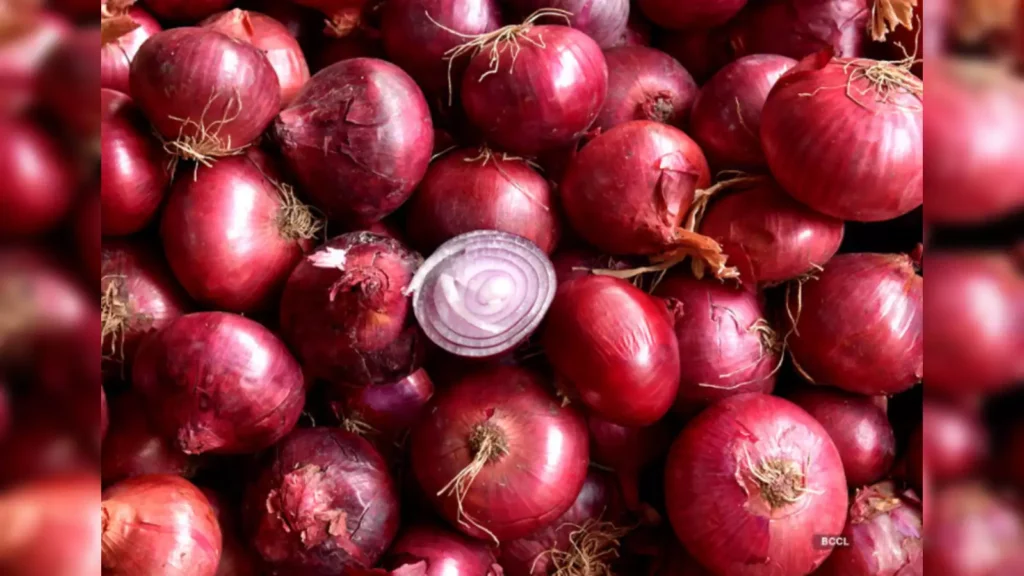
Recommended Kidney Stone Diet Plan for Prevention
These Diet plans are recommended by the best urologist in Jaipur, Dr Ravi Gupta!
For Calcium Oxalate Stones Problem
- Diet Plan 1: Hydration Focus
For calcium oxalate stone prevention, prioritize hydration. Aim for 3-4 liters of water daily. Include lemon water to increase citrate levels, which can inhibit stone formation. Limit high-oxalate foods like spinach and beets.
- Diet Plan 2: Low-Oxalate Choices
Choose a diet rich in low-oxalate foods such as apples, pears, and lean proteins. Avoid high-oxalate foods like chocolate and nuts. Maintain a balanced intake of calcium to bind with oxalate. Consume Fewer Oxalate Vegetables to avoid kidney Stones, including broccoli, cauliflower, carrots, cabbage, lettuce, etc. to
- Diet Plan 3: Balanced Calcium
Consume calcium-rich foods like dairy products and fortified foods. Adequate calcium intake can help prevent oxalate absorption. Aim for 1000-1200 mg of calcium daily, divided into meals and snacks.
- Diet Plan 4: Sodium Reduction
Cut down on sodium to minimize calcium excretion in the urine. Opt for fresh, whole foods over processed options. Aim for less than 2,300 mg of sodium per day.
- Diet Plan 5: Consult a Dietitian
Every individual’s dietary needs vary. Consult a registered dietitian to create a personalized plan based on your specific calcium oxalate stone risk factors, medical history, and preferences.
For Uric acid stones Problems
- Diet Plan 1: Balanced Hydration
Maintain adequate hydration by drinking at least 8-10 glasses of water daily. This dilutes urine and reduces the risk of uric acid stone formation. Opt for lemon water or herbal teas to add flavor without increasing uric acid levels.
- Diet Plan 2: Low-Purine Foods
Choose a diet low in purine-rich foods like red meat, organic meats, and seafood. Instead, focus on lean proteins like poultry, tofu, and dairy. Limit alcohol and fructose-sweetened beverages, as they can elevate uric acid levels.
- Diet Plan 3: Alkaline Foods
Incorporate alkaline foods like fruits and vegetables into your diet. These help neutralize uric acid, reducing the risk of stone formation. Include items like berries, melons, and leafy greens to maintain a balanced pH.
- Diet Plan 4: Healthy Fats
Embrace healthy fats from sources like avocados, nuts, and olive oil. These fats support kidney health and may reduce the risk of uric acid stones. Limit saturated and trans fats found in processed foods.
- Diet Plan 5: Limit Oxalate Intake
Watch your oxalate intake, as high oxalate levels can contribute to stone formation. Avoid foods like spinach, rhubarb, and beets, and opt for lower-oxalate choices such as cauliflower, cucumbers, and zucchini to prevent uric acid stones.
When to see a Urologist?
You should see Dr Ravi Gupta, if you experience symptoms related to the urinary or reproductive system, such as frequent urination, blood in urine, kidney stones, erectile dysfunction, or prostate issues. Additionally, seek their expertise for preventive care, such as prostate cancer screenings or fertility concerns, or as recommended by your primary care physician.
Conclusion
In conclusion, incorporating a variety of low-oxalate vegetables into your diet can be a smart strategy to reduce the risk of kidney stones. Vegetables such as broccoli, cauliflower, carrots, cabbage, lettuce, celery, green beans, asparagus, mushrooms, and onions not only provide essential nutrients but also contribute to kidney stone prevention by promoting hydration, reducing calcium excretion, and countering the effects of high-sodium diets.
These kidney stone-friendly vegetables, when consumed as part of a balanced diet, play a crucial role in maintaining urinary health and minimizing the formation of painful kidney stones. However, it’s equally important to be mindful of vegetables to avoid kidney stones, such as spinach and beets. Remember to consult a healthcare professional for a comprehensive approach to kidney stone prevention.
FAQ
Which vegetables are good for kidney stones?
Certain vegetables that are low in oxalates and high in water content can be beneficial for preventing kidney stones. Examples include cucumbers, bell peppers, cauliflower, and cabbage. These vegetables can help maintain kidney health by reducing the risk of stone formation.
Are all kidney stones the same?
No, kidney stones are not all the same. They can vary in composition, size, and location within the urinary system. The most common types of kidney stones include calcium oxalate, uric acid, struvite, and cystine stones, each with different causes and treatments.
Would taking a vitamin or mineral supplement be beneficial or detrimental?
Taking vitamin or mineral supplements can be beneficial or detrimental depending on the type and dose. Some supplements can increase kidney stone risk, while others prescribed by a doctor may help prevent them. Consult a healthcare professional for personalized advice.
Vegetables to limit or avoid?
To reduce the risk of kidney stones, individuals with a history of stone formation should limit or avoid vegetables high in oxalates. Some vegetables to limit or avoid include spinach, beets, Swiss chard, rhubarb, and sweet potatoes, as they can contribute to oxalate buildup in the kidneys, which may lead to stone formation. However, it’s essential to maintain a balanced diet and consult a healthcare professional for personalized dietary recommendations.
Which vegetables to avoid in kidney stones?
In the context of kidney stone prevention, it’s advisable to limit or avoid vegetables that are high in oxalates. Oxalates can contribute to the formation of calcium oxalate kidney stones. Some vegetables to consider avoiding or consuming in moderation include spinach, beets, Swiss chard, rhubarb, and sweet potatoes. However, individual dietary recommendations should be based on your specific medical history and the guidance of a healthcare professional.
Which dal to avoid for kidney stones?
For individuals prone to kidney stones, it is generally recommended to avoid dals (lentils and pulses) that are high in oxalates, as oxalates can contribute to the formation of calcium oxalate kidney stones. Dals like black gram (urad dal), masoor dal (red lentils), and toor dal (pigeon peas) are relatively high in oxalates and may be best consumed in moderation or avoided. However, it’s crucial to maintain a balanced diet and consult a healthcare professional or a registered dietitian for personalized dietary recommendations based on your specific needs and medical history.
What dissolves kidney stones fast?
Kidney stones typically can’t be dissolved quickly. Treatment options include hydration, pain management, medications, shock wave lithotripsy, ureteroscopy, or surgery, depending on the stone’s size and composition. Consult a healthcare professional for appropriate treatment and prevention measures.
What foods help repair kidneys?
Foods that support kidney health include low-sodium options, berries, apples, fatty fish, cruciferous vegetables, garlic, red bell peppers, olive oil, whole grains, and lean protein. Consult a healthcare professional for personalized dietary advice, especially with kidney disease or dietary restrictions.
Which exercise is best for kidneys?
No specific exercise directly benefits the kidneys, but regular aerobic exercise, strength training, and stress-reducing activities like yoga can support overall health. These activities can help reduce the risk of conditions like high blood pressure and diabetes that may affect kidney health.